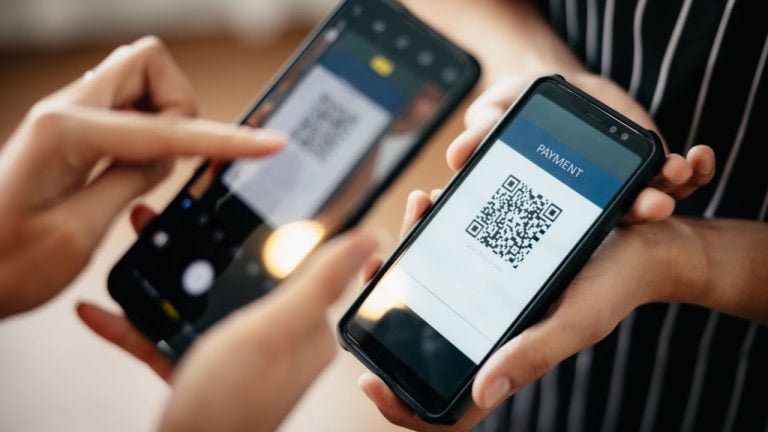Vietnam, the Philippines, and Brunei to Join ASEAN QR Payment System to Reduce Dependence on US Dollar

Vietnam, the Philippines, and Brunei will join a QR payment system to settle cross-border payments using local currencies within the Association of Southeast Asian Nations (ASEAN) bloc. The network, already being used between Indonesia and Malaysia, aims to interconnect all ASEAN nations to reduce their dependence on the U.S. dollar.
Vietnam, the Philippines, and Brunei to Join ASEAN Payments System
Vietnam, the Philippines, and Brunei will join a payments initiative that aims to connect all countries of the Association of Southeast Asian Nations (ASEAN) bloc, according to Perry Warjiyo, governor of the Central Bank of Indonesia. The payment system, which uses QR codes to simplify the settlement of cross-border payments, uses national currencies to reduce the bloc’s dependence on the U.S. dollar.
Warjiyo detailed that Vietnam is currently in talks with the local industry to agree on a national QR system and is expected to join the system later this year, while the Philippines is organizing industry leaders to achieve regional connectivity. Meanwhile, Brunei is in the initial steps of regulating its internal payment industry.
The payment system has been operating between Indonesia and Malaysia since May, allowing citizens of both countries to travel between the nations and pay using QR codes, simplifying the process of making cross-border payments.
Warjiyo detailed that Indonesia, Thailand, Malaysia, and Singapore were working to implement bilateral and multilateral payments using this system, indicating that the final goal was to interconnect Brunei, Cambodia, Indonesia, Laos, Malaysia, Myanmar, the Philippines, Singapore, Thailand, and Vietnam. Warjiyo stated:
This commitment will help facilitate seamless and secure cross-border payments. Gradually all of the countries will be connected in their payments with local currencies being used.
De-Dollarized Payments a Priority
Countries of the ASEAN bloc have declared that moving away from the U.S. dollar in financial settlements is a priority, including this issue as part of the final declaration of the 42nd ASEAN Summit held in Indonesia in May. At the time, leaders of ASEAN stated that they “encourage the use of local currencies for economic and financial transactions among ASEAN member states to deepen regional financial integration.”
Indonesian President Joko Widodo has also reinforced the need to stop using foreign payment systems and focus on national currencies to avoid “possible geopolitical repercussions,” citing the sanctions enacted against Russia as an example.
What do you think about Vietnam, the Philippines, and Brunei joining an ASEAN-wide payment system? Tell us in the comments section below.